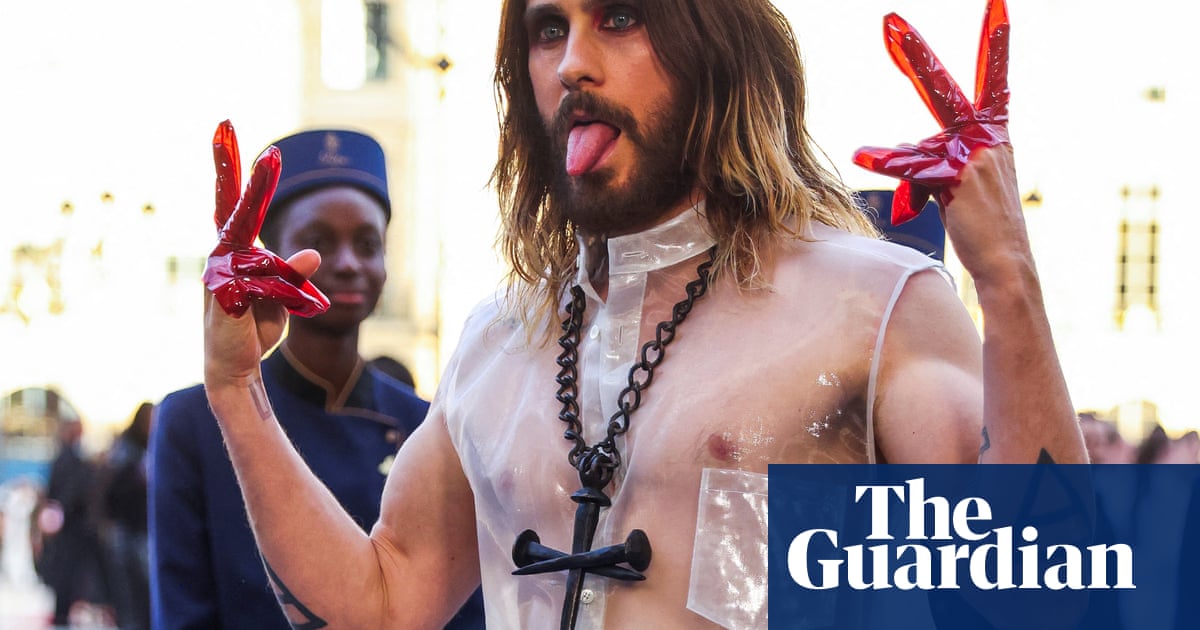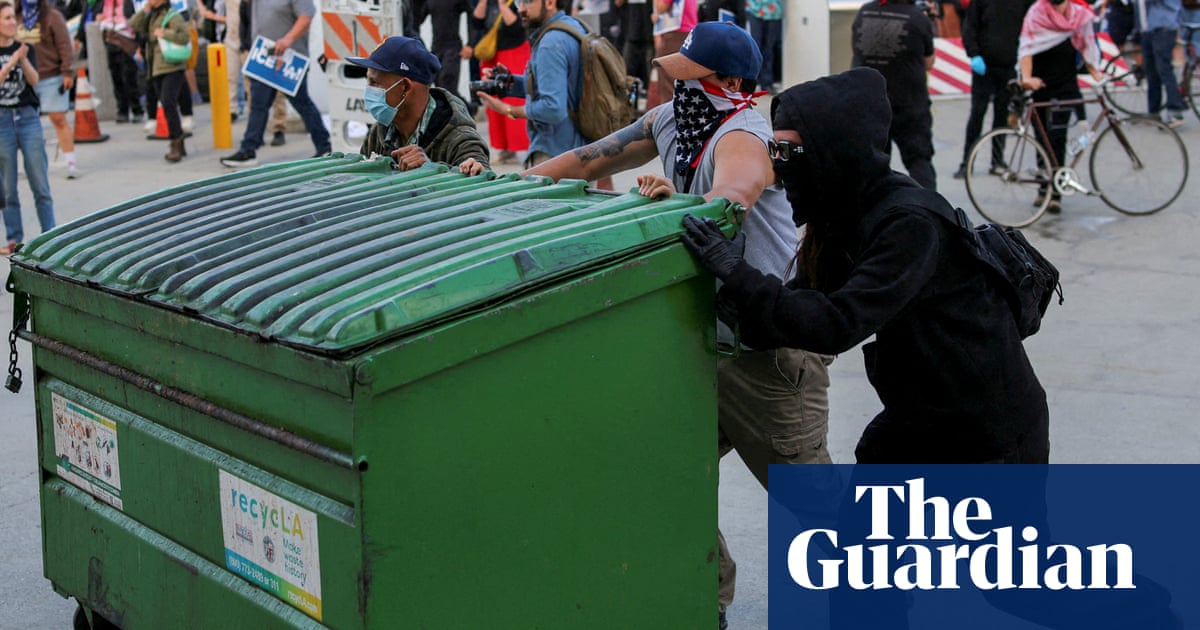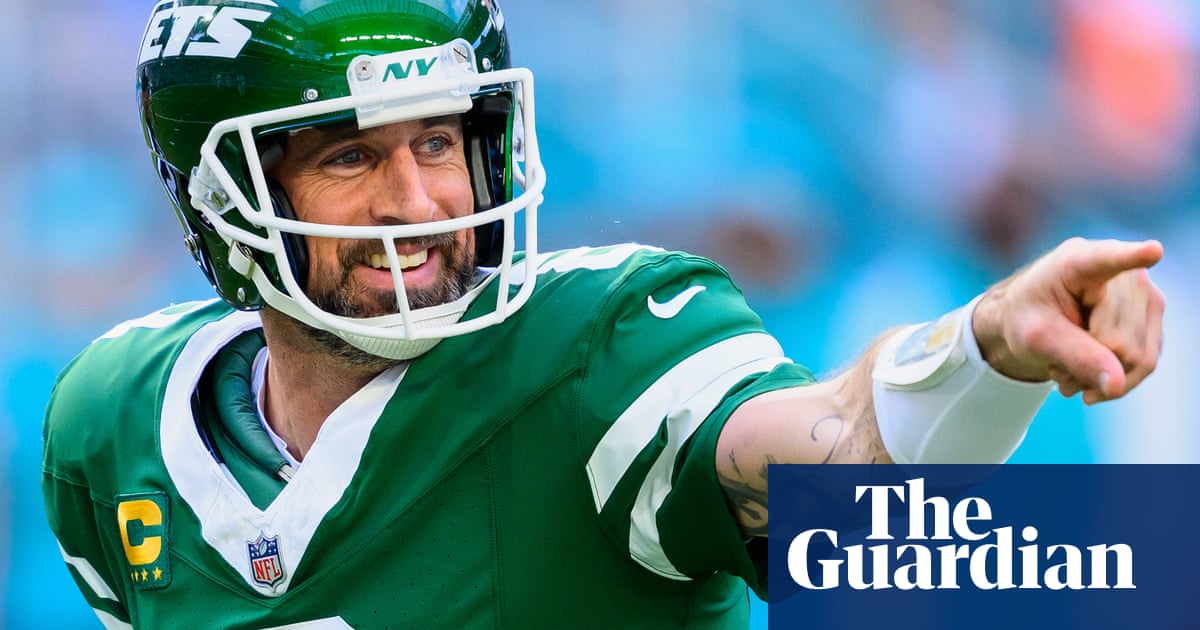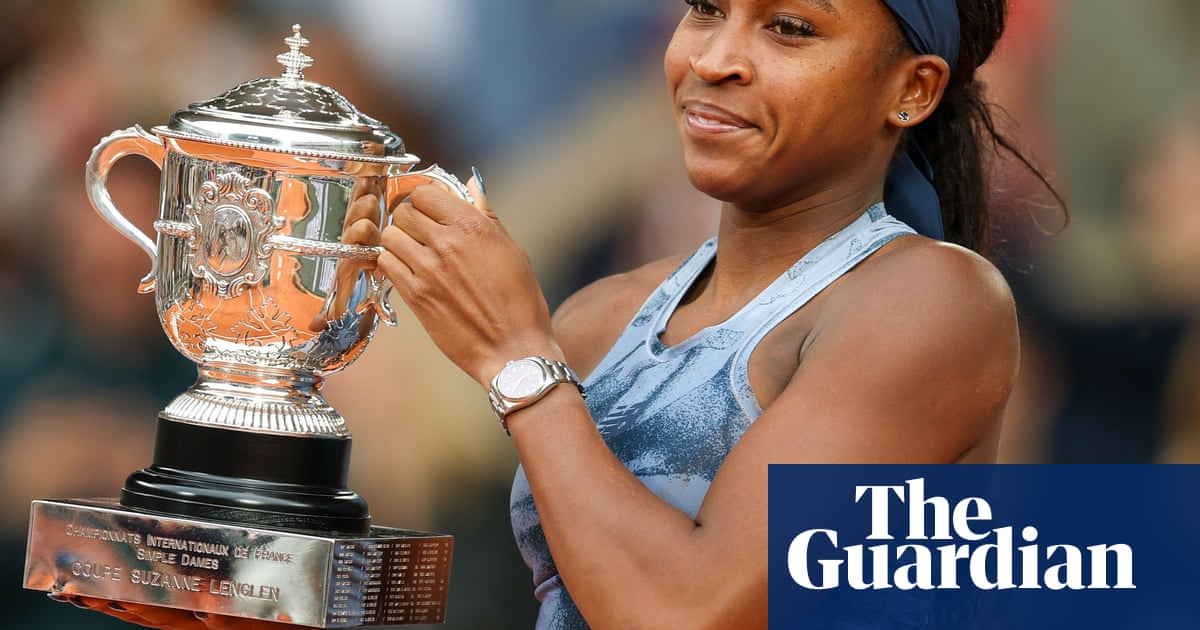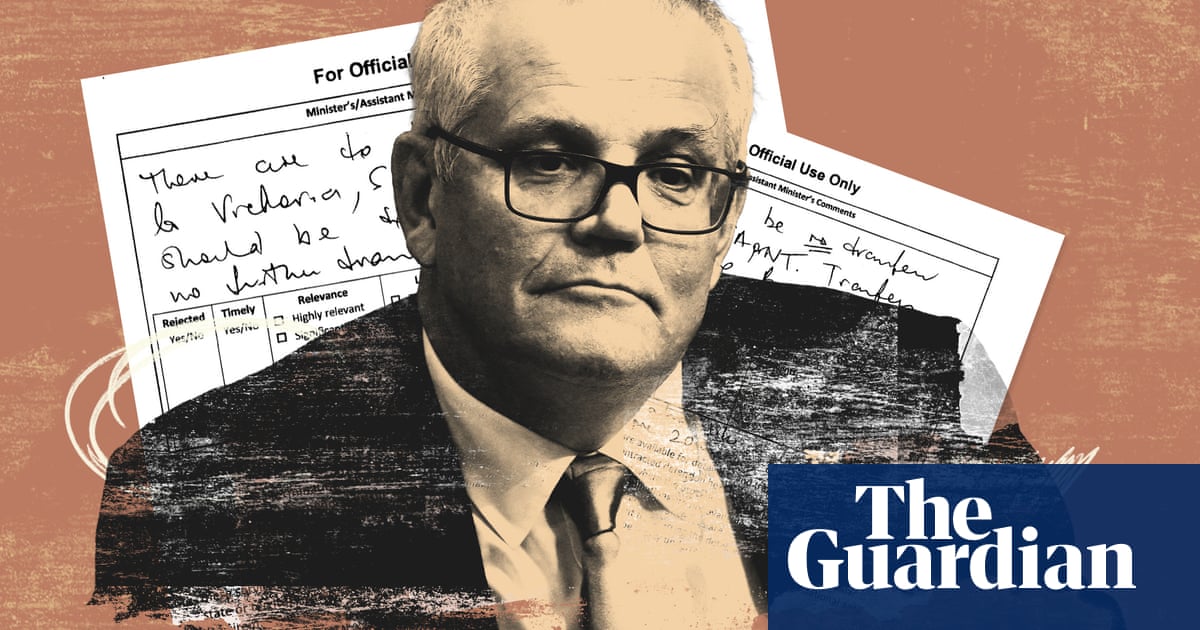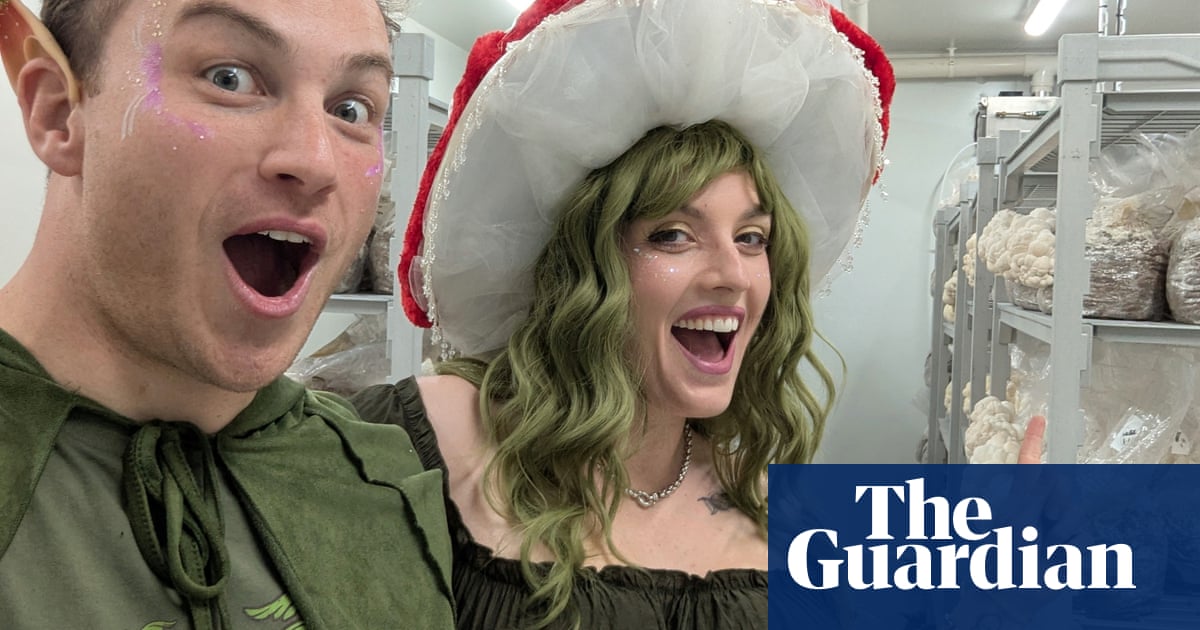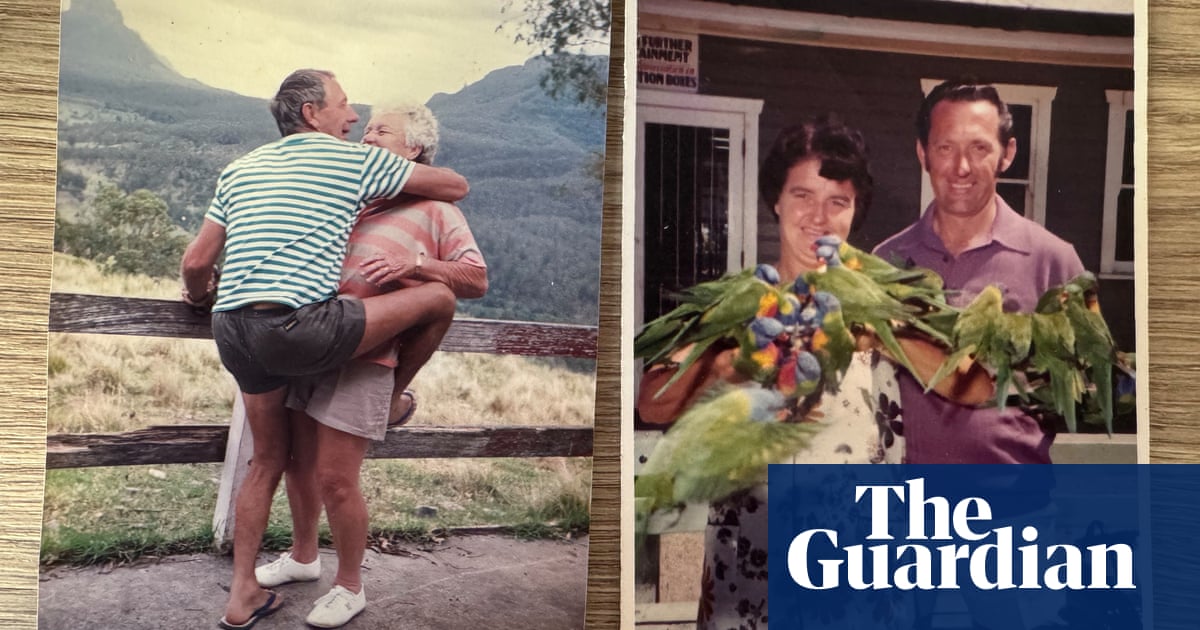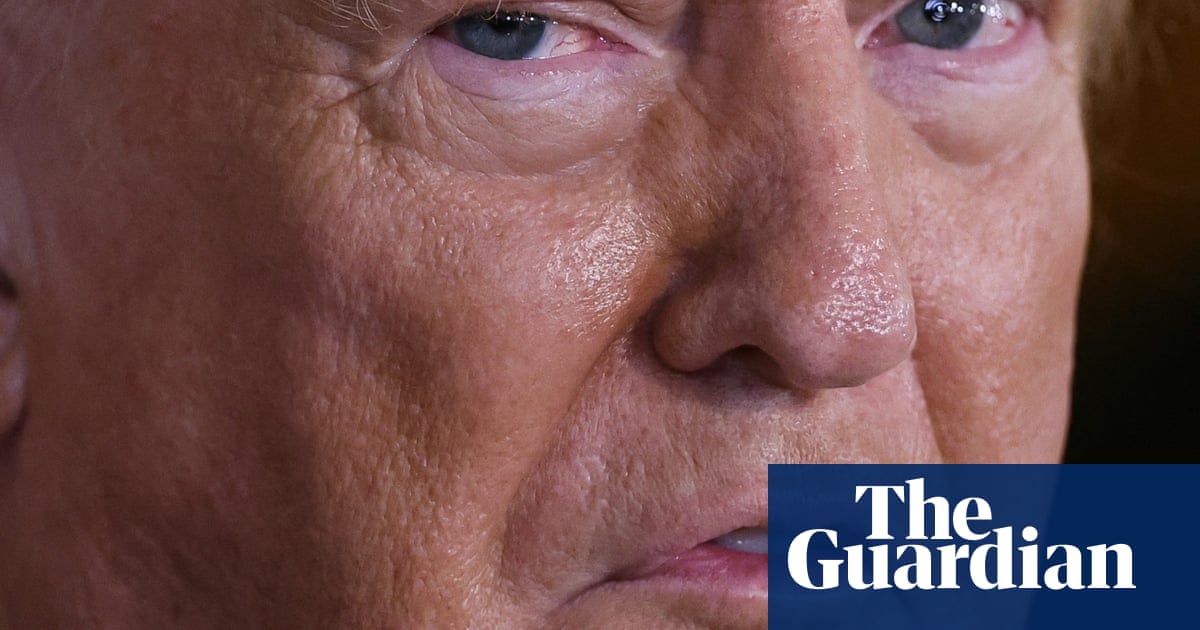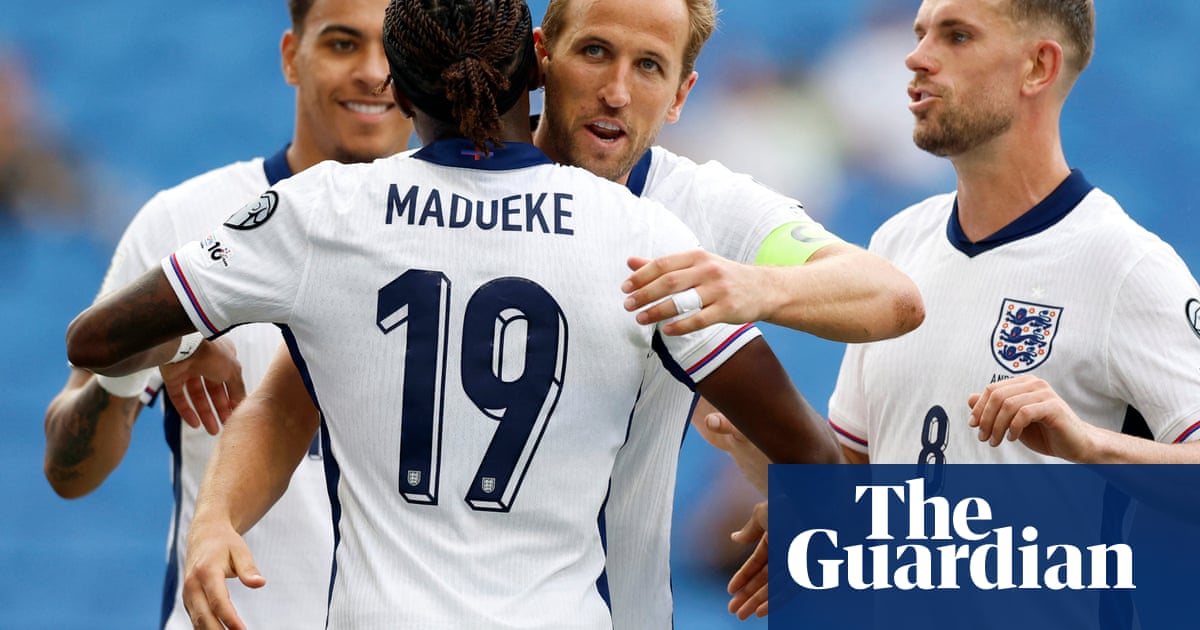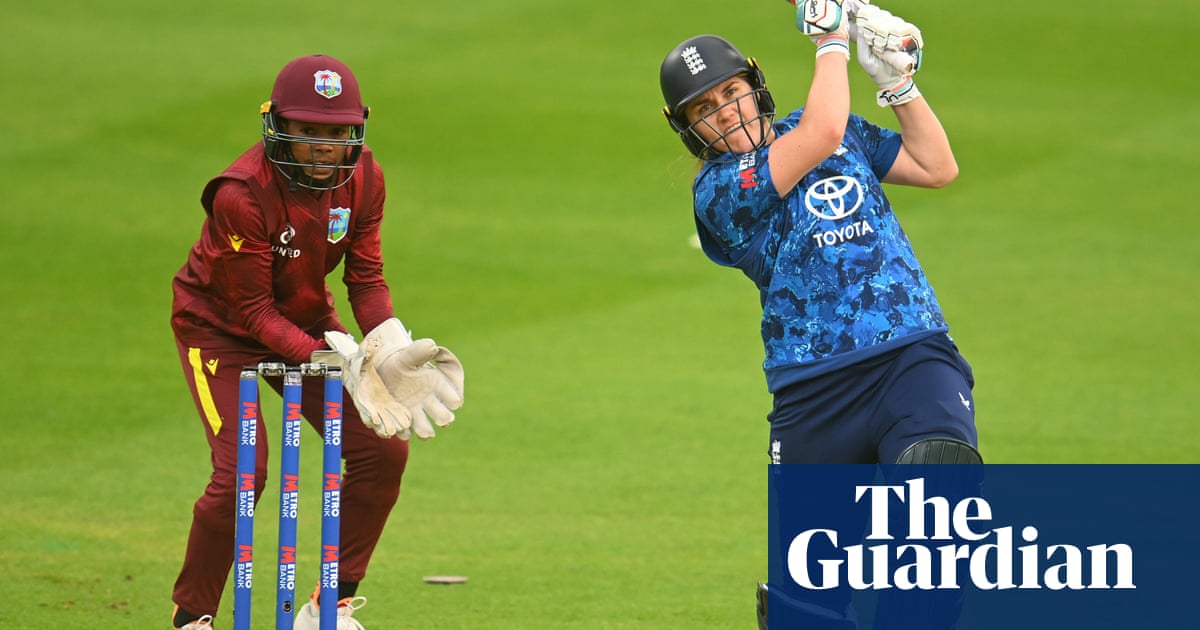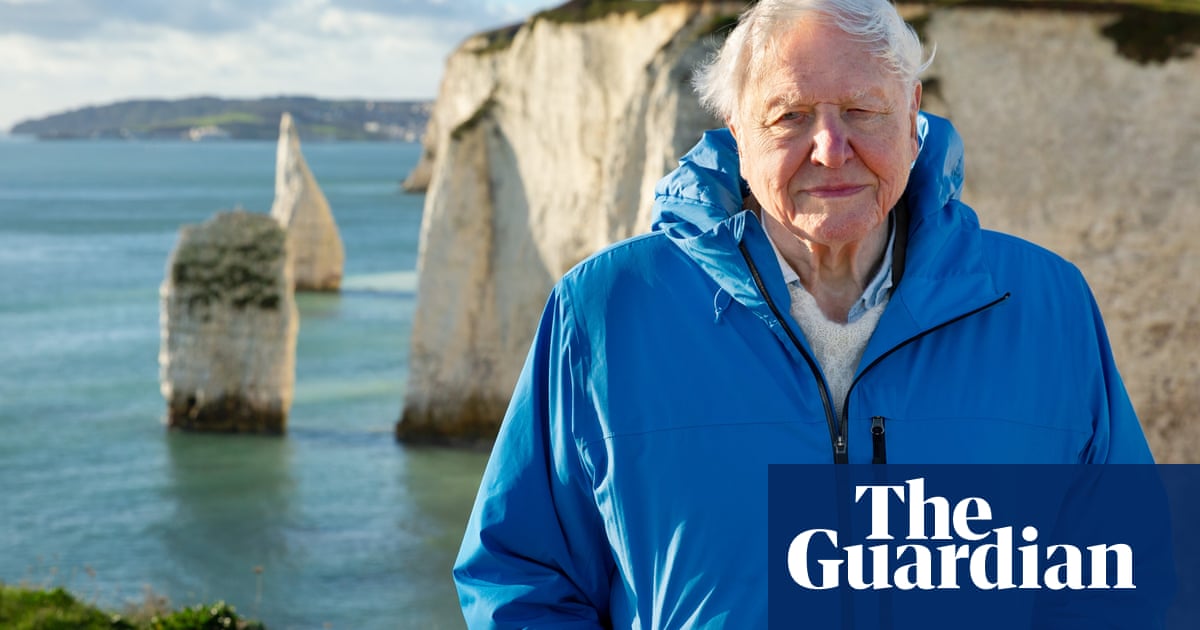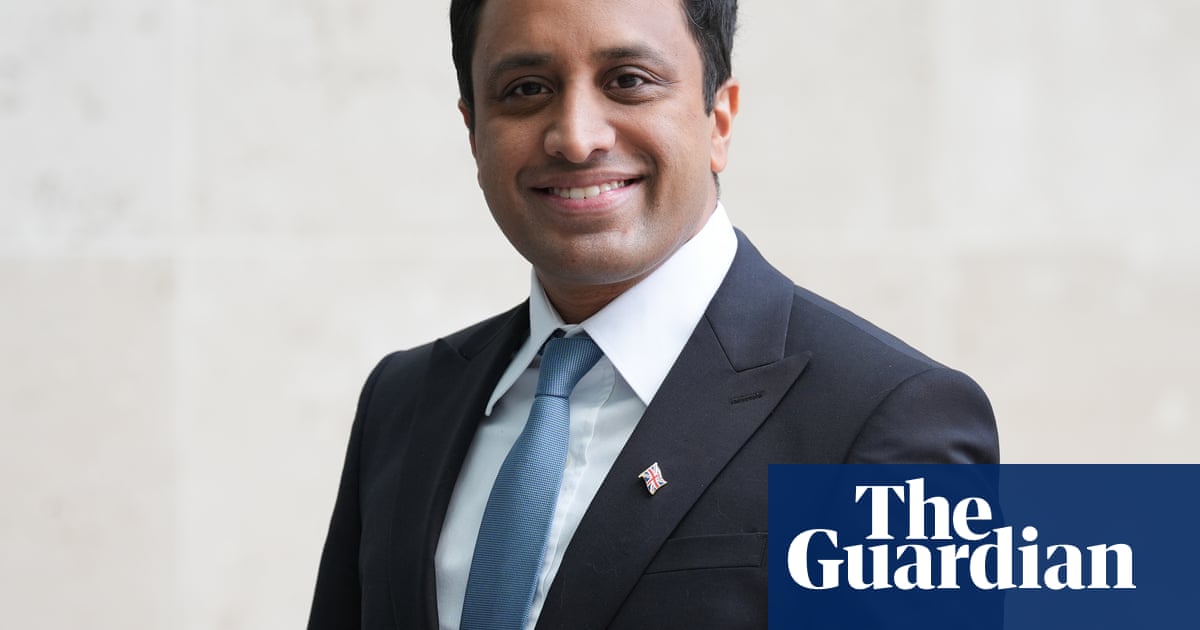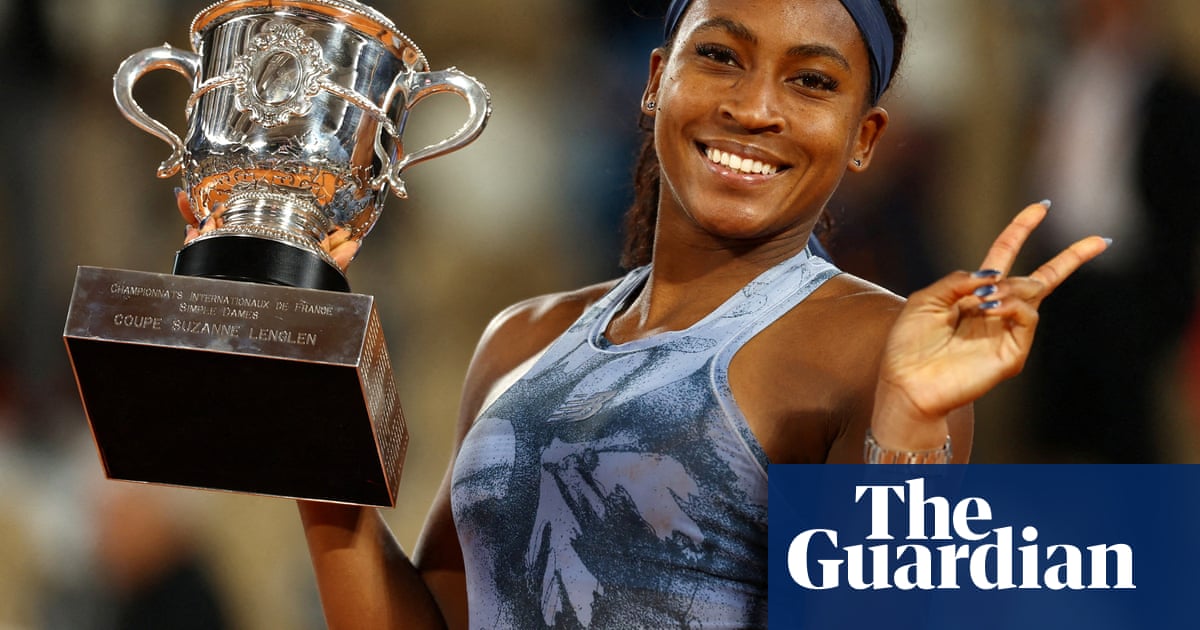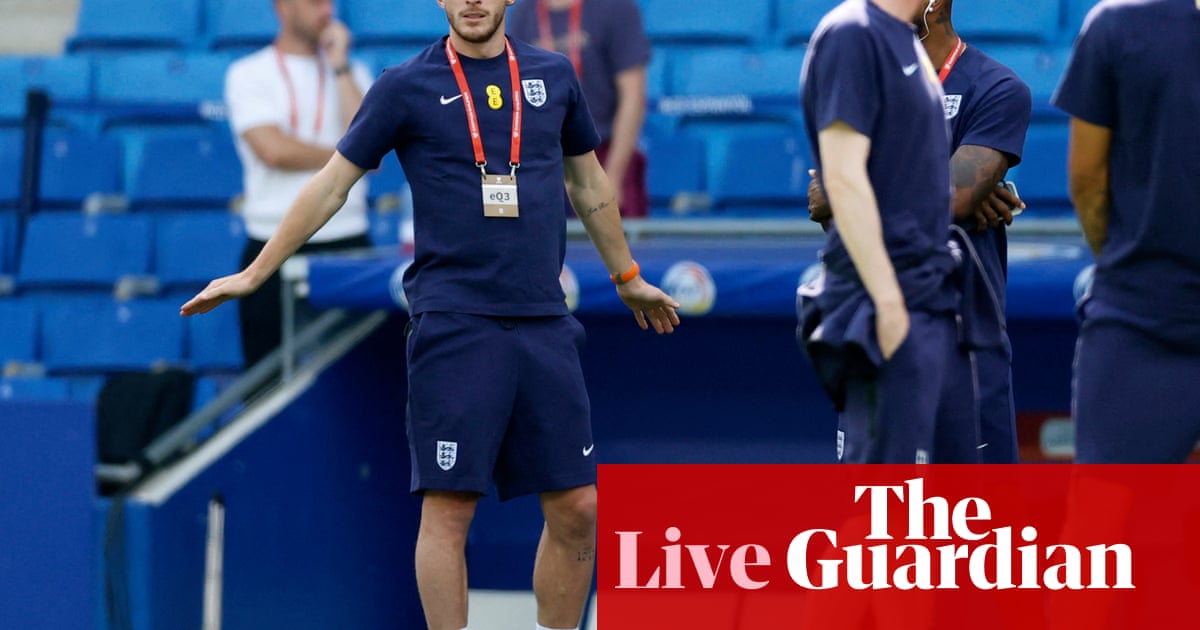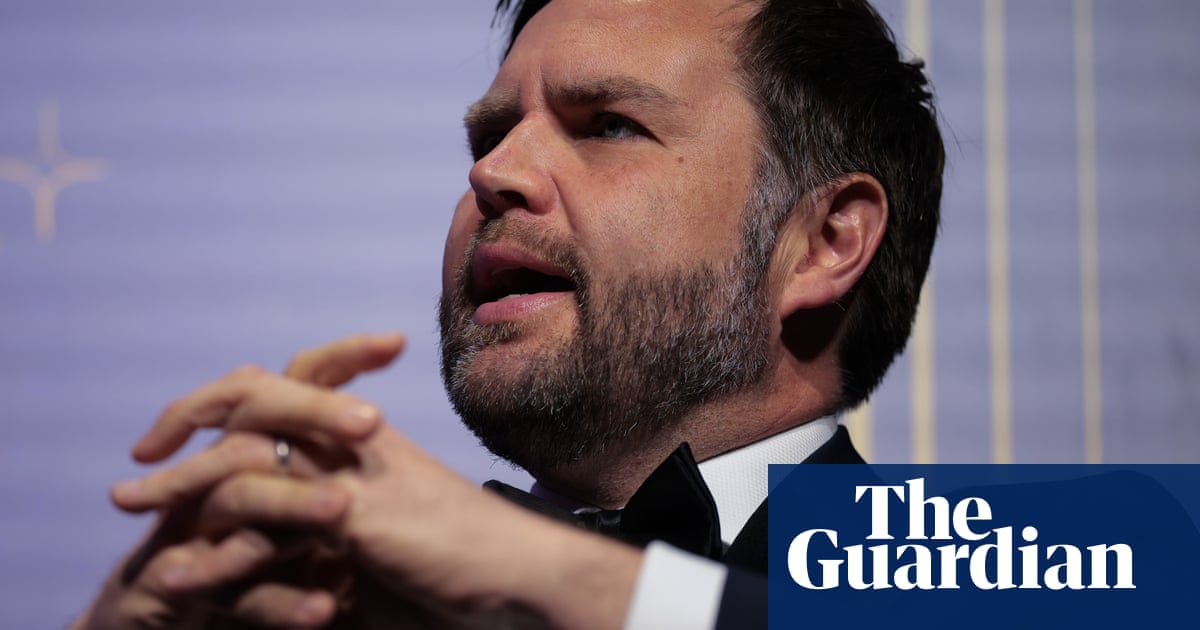In October last year, the UK and Mauritian governments reached a historic agreement to transfer the sovereignty of the Chagos Islands, a series of atolls in the Indian Ocean that have been described as Britain’s last African colony.
It seemed, as political correspondent Eleni Courea describes, a diplomatic triumph for the new Labour government, ending decades of legal dispute over the ownership of the islands. And more than that, it offered Chagossians, after more than 50 years of exile, the prospect of returning home. In the late 1960s, when Britain granted independence to the rest of Mauritius, not only did it insist on carving out the Chagos Islands to keep for itself, but it forcibly displaced more than 1,000 people who lived there.
Many of them, including campaigner Olivier Bancoult, have fought for decades in the years since for the right to return, and seem closer than ever to attaining it.
However, as Hannah Moore hears, the deal is not yet confirmed, and is on shaky ground. The Mauritian government that agreed it has since been voted out, and its successor is less sure about its merits. What’s more, any deal would be dependent on the approval of the US – which runs the military Diego Garcia base on the islands – and while the Biden administration signed it off in October, Trump’s team have expressed reservations.
There have been problems on the domestic front for Labour too, with questions increasingly asked about why Britain is paying an estimated £9bn in the deal to hand over the islands. So will they keep their nerve and push through the deal? And if not, what will it mean for Chagossians, such as Bancoult, longing to go back?
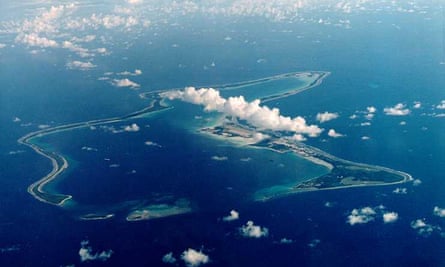

 3 months ago
54
3 months ago
54
